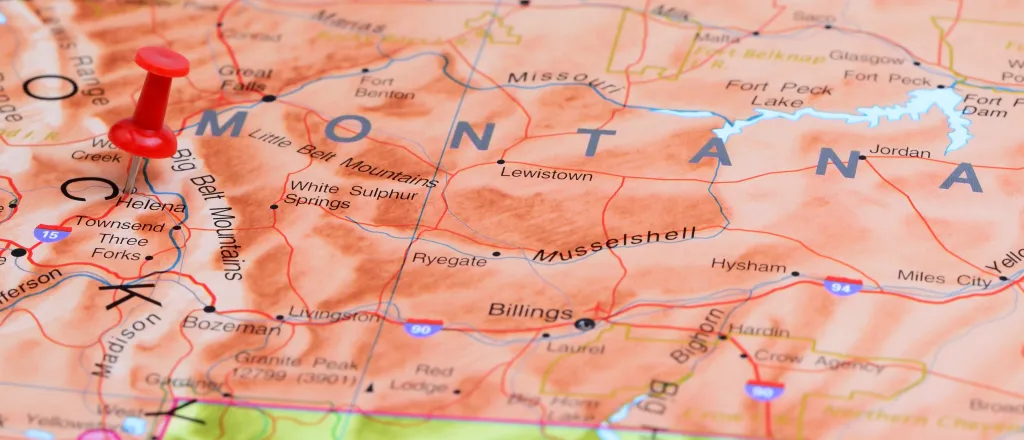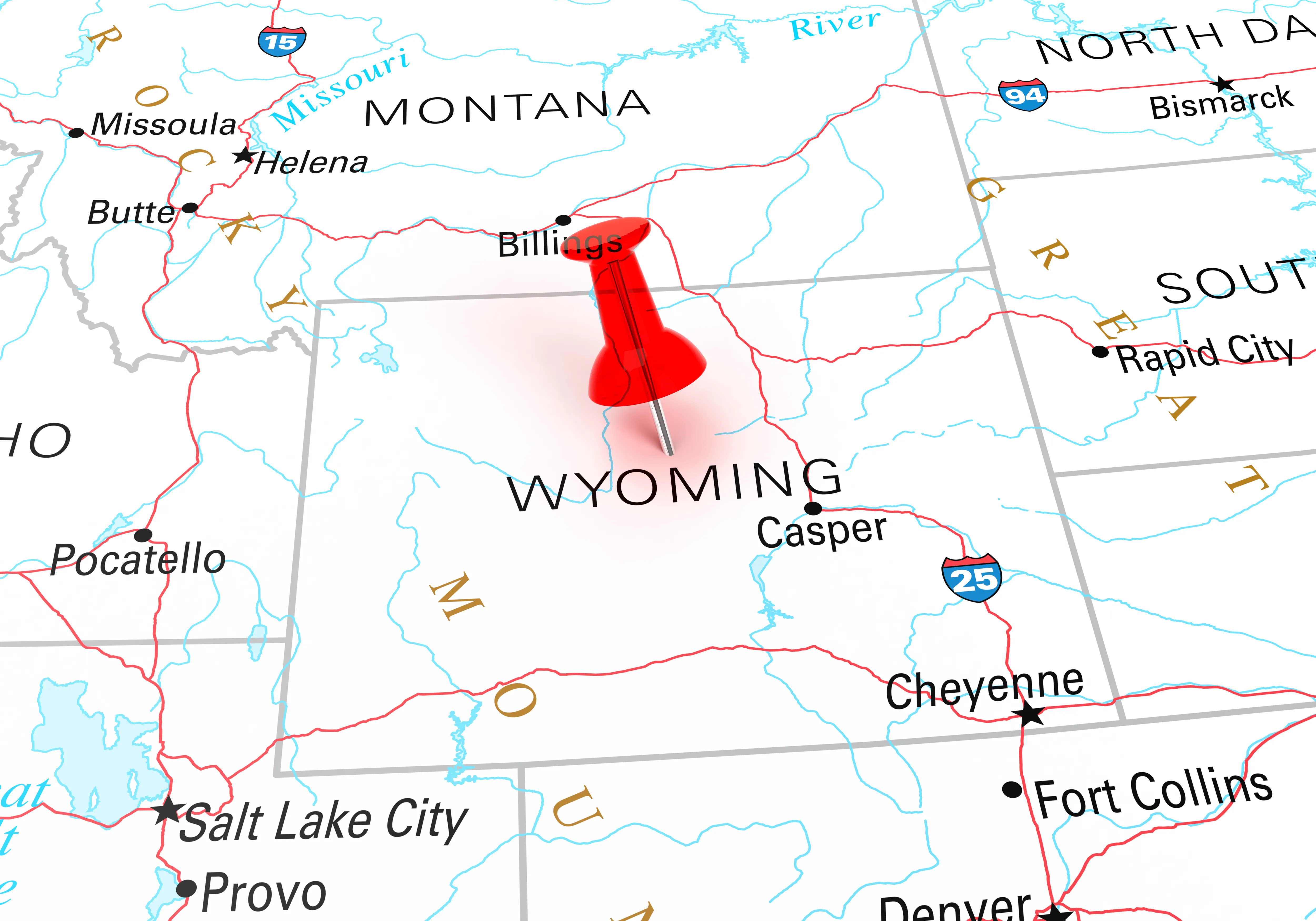
Native health care, voting rights top issues to watch during Montana's 2025 legislative session
Click play to listen to this article.
Montana's 69th legislative session began Monday and advocates for the state's Native population will be at the Capitol, tracking bills ranging from paid sick leave to Indian language and education.
Two key issues the Indigenous advocacy organization Western Native Voice will focus on this session are health care and voting access. A bill to ensure every reservation has a satellite voting office failed in 2021.

© iStock - nevarpp
Keaton Sunchild, director of government and political relations for the organization, said the Native American Voting Rights Act will be brought again this year. He pointed out long distances and difficulty registering with tribal IDs are some of the biggest barriers Native Americans face in voting.
"For me, living in Great Falls, it's a five-minute drive at most to the elections office if something went wrong," observed. "For somebody living on the Fort Peck reservation, that could be a two-hour drive, one-way."
In 2024, Montana's Supreme Court ruled two voting bills were unconstitutional and disproportionately affected Native people. One would have ended Election Day registration and the second would have outlawed paid, third-party ballot assistance.
Sunchild noted health bills he will be tracking include requiring paid sick leave, the right to contraception and vitally, the status of Montana's Medicaid expansion, which is set to expire in June, unless lawmakers renew it.
"Making sure, at the end of the day, that Native communities and American Indians living off reservations are not harmed by any policies put in place," Sunchild emphasized.
The state's American Indian population has made up 20 percent of Medicaid expansion enrollment since 2016, according to the Montana Healthcare Foundation.
















